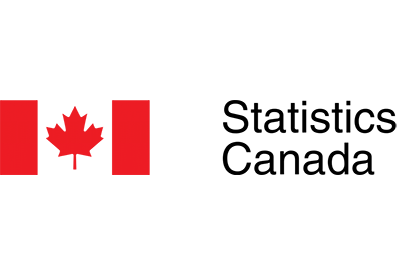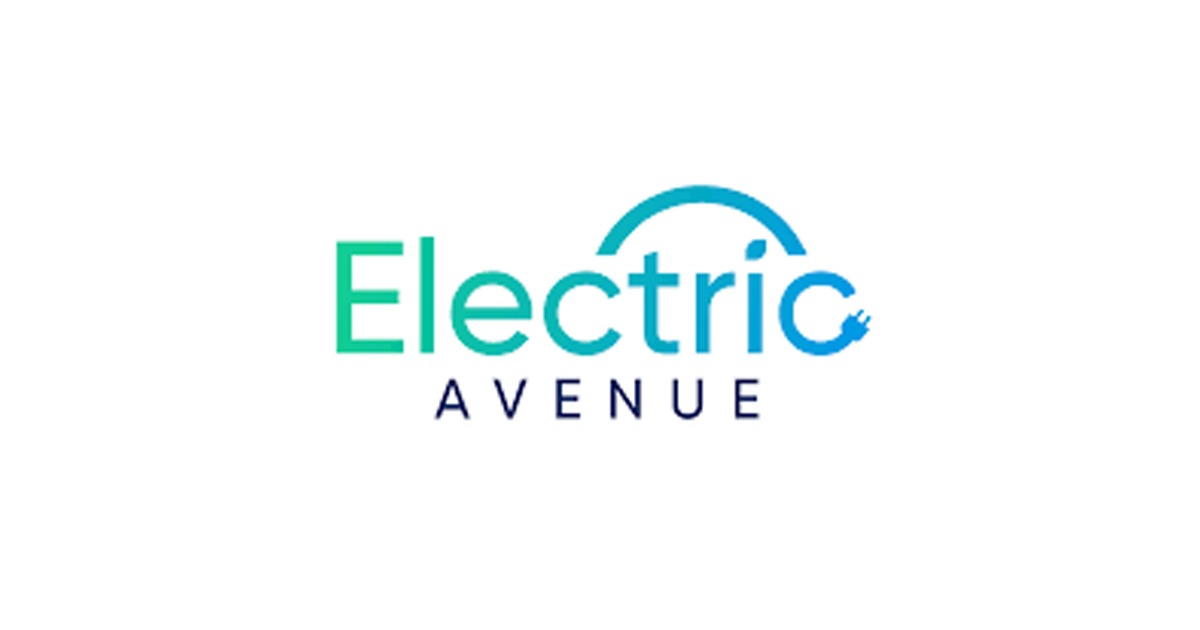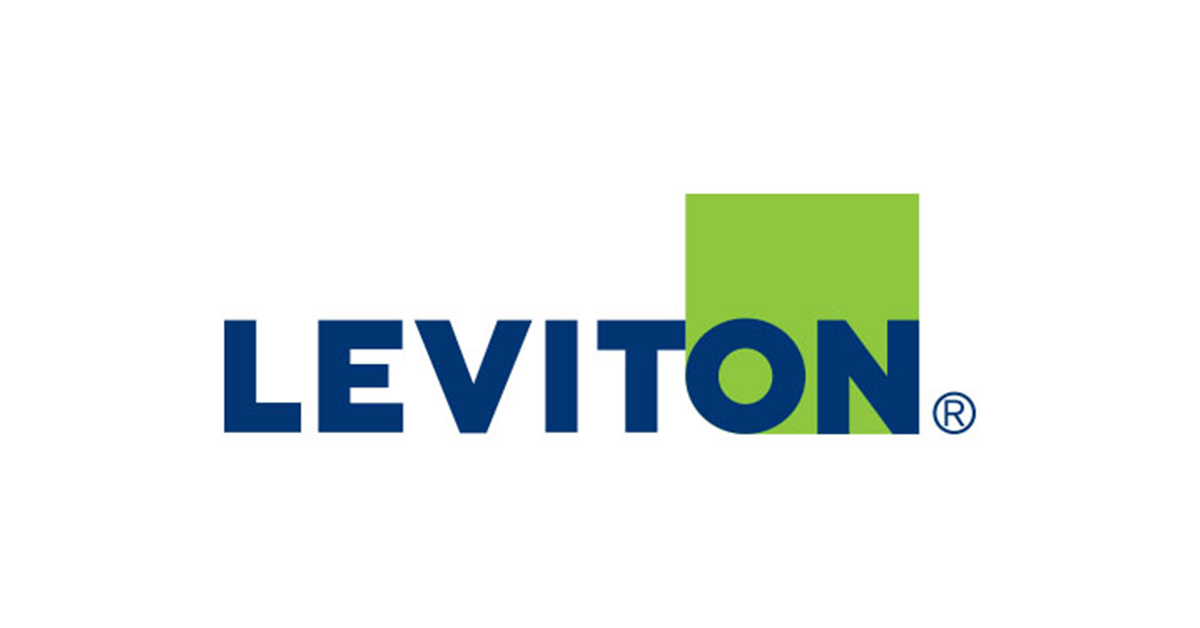In Times of Transition, Mental Health May Suffer. Offer Employees Flexible Arrangements

Sept 11, 2020
By Michelle Branigan
During any regular year, September marks a period of transition. We experience changing routines as kids go back to school, the days get shorter, and everyone’s routines change pace as fall ramps up.
This year, of course, we’re feeling these transitions more acutely than ever before. COVID-19 has impacted the way we work and live, and many people are experiencing increased stress and anxiety. It’s important that employers consider the many layers of change that their employees may have on their plates right now, especially if your workplace is simultaneously transitioning back to a workplace environment.
An IPSOS poll from earlier this summer reported that 59% of Canadians feel their mental health has been negatively affected by the pandemic. Because symptoms of stress or anxiety aren’t always visible, working remotely can allow these mental health challenges to go undetected by colleagues who may usually reach out to offer support. Remember, even though a co-worker may appear put together on a half hour Zoom call, they may be struggling behind the scenes with increased demands on their time and energy.
While we all adjust to the new routines (and the added complexity to our social bubbles) of back-to-school and returning to the workplace, employers should be alert to signs that employees are struggling. This could take the form of health issues, low morale or presenteeism.
Presenteeism is the phenomenon of employees showing up for work when their productivity levels are low because of distraction, worry, illness, or other factors. Besides posing a safety risk, which is a critical issue in our sector, presenteeism can translate into lower productivity and reduced customer service as more and more employees feel stressed or even burnt out, and sick leave levels increase. Not only is it bad for the bottom line, it’s bad for morale as others then need to pick up the slack, creating a vicious circle.
So what should employers be doing? Reviewing the mental health programs and supports, and flexible working options your company offers is a good place to start. In our recent survey on remote work in the electricity sector, respondents listed “flexible work hours” and “mental health supports” among the top five things that managers or employers could be providing to support their employees during the pandemic.
But merely offering these options is not enough. Some employees may feel hesitant to make use of flexible work options out of concern that they will be penalized or seen in a negative light. Frank conversations about mental health with executives at your company, and having managers lead by example are good first steps in creating a work culture that removes shame from asking for reasonable accommodations. Managers may need to be trained or coached to learn to acknowledge and respond to what they hear, be that responding to topics such as work overload, illness, childcare, etc. At the same time, it is also important to periodically check in with managers — they may need support too.
Good communications play an integral role in developing and maintaining a positive work culture, and during the pandemic it is even more important to keep your employees up to date on what is happening in the company, good or bad. Not only will they feel more respected, they may have ideas on what can be done to support the organization — and each other — during these strange days.
September brings changes, and we’ll likely see many more to come as the year continues. Let’s remember to treat our co-workers with empathy and understanding, and help each other through this time.
Michelle Branigan is CEO, Electricity Human Resources Canada.











